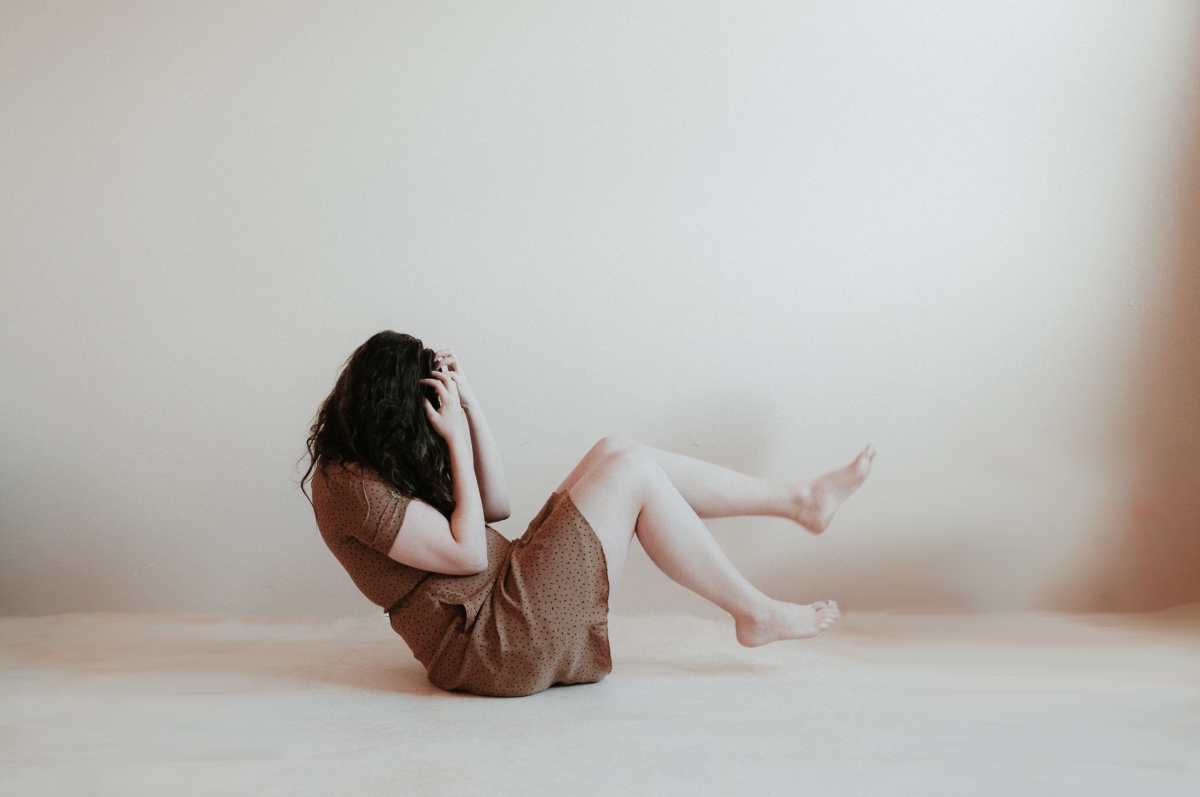What are Sleep Disorders?
Sleep disorders, often known as sleep-wake disorders, are issues with the type, quantity, and timing of sleep that cause distress during the day and functional impairment. Sleep-wake difficulties frequently co-occur with physical ailments or other mental health issues, like anxiety, depression, or cognitive disorders. Sleep-wake disorders come in a variety of forms, with insomnia being the most prevalent. Obstructive sleep apnea, parasomnias, narcolepsy, and restless leg syndrome are among other sleep-wake disorders.
Physical and emotional issues are related to sleep problems. In addition to being a cause of or an aggravation of mental health issues, sleep issues can also be a sign of other mental health issues.
Adults report insomnia symptoms in about one-third of cases, and 6 to 10 percent actually have insomnia disorders.
Why is sleep important?
A fundamental human need, sleep is important for both physical and mental wellbeing. Two different forms of sleep often take place in a rhythm of three to five cycles per night:
- REM sleep, which is when most dreams take place
- Non-REM sleep contains three stages, the deepest of which is
Another crucial factor is when you sleep. Your body normally operates on a 24-hour cycle called a circadian rhythm, which aids in determining when to go to sleep.
The amount of sleep we require varies by age and between individuals. Most adults need seven to nine hours of good sleep each night, according to the National Sleep Foundation. In 2015, the Foundation updated its sleep guidelines after carefully reviewing the available research.

